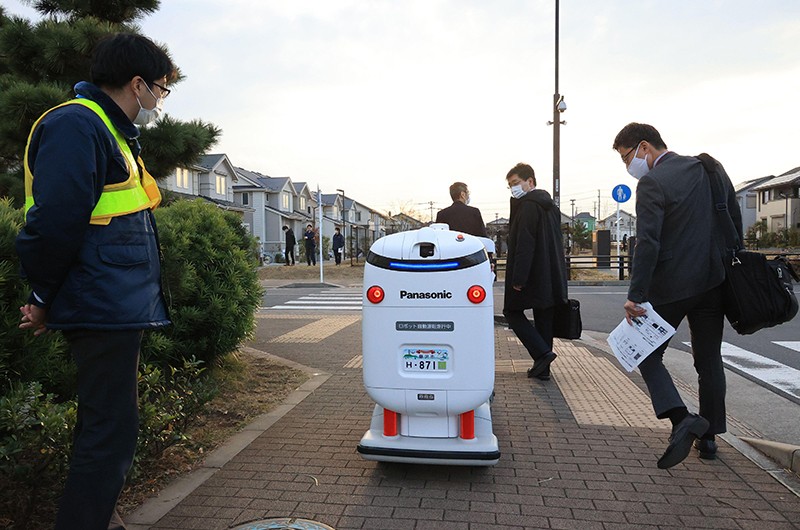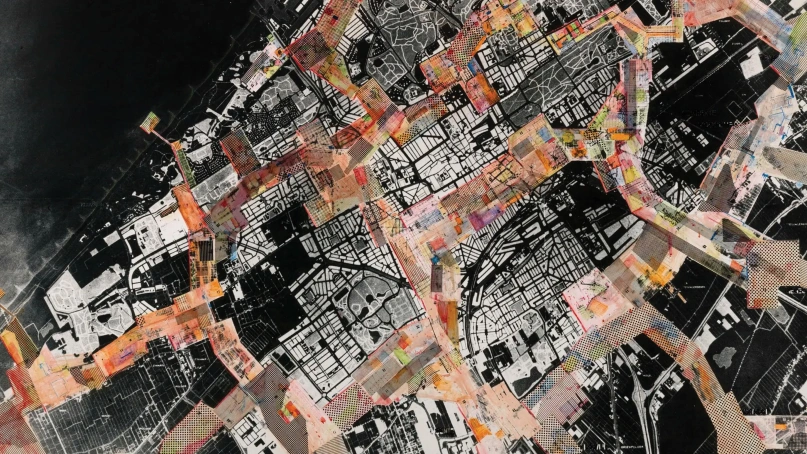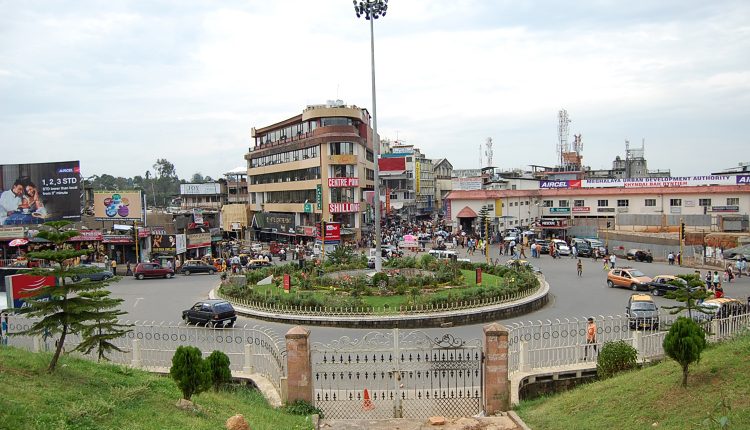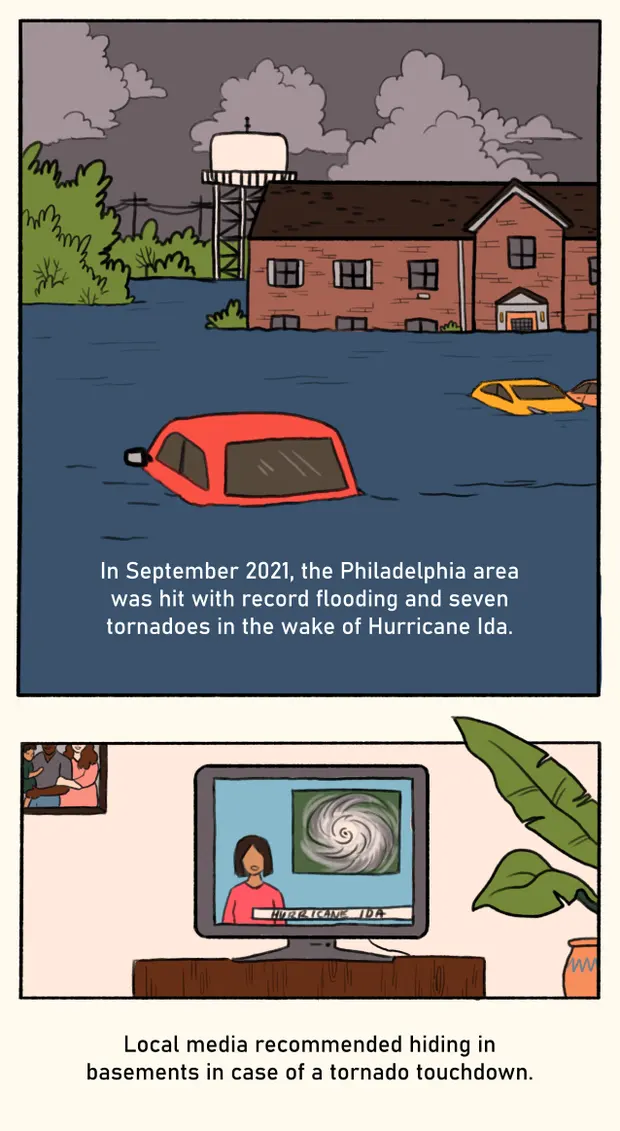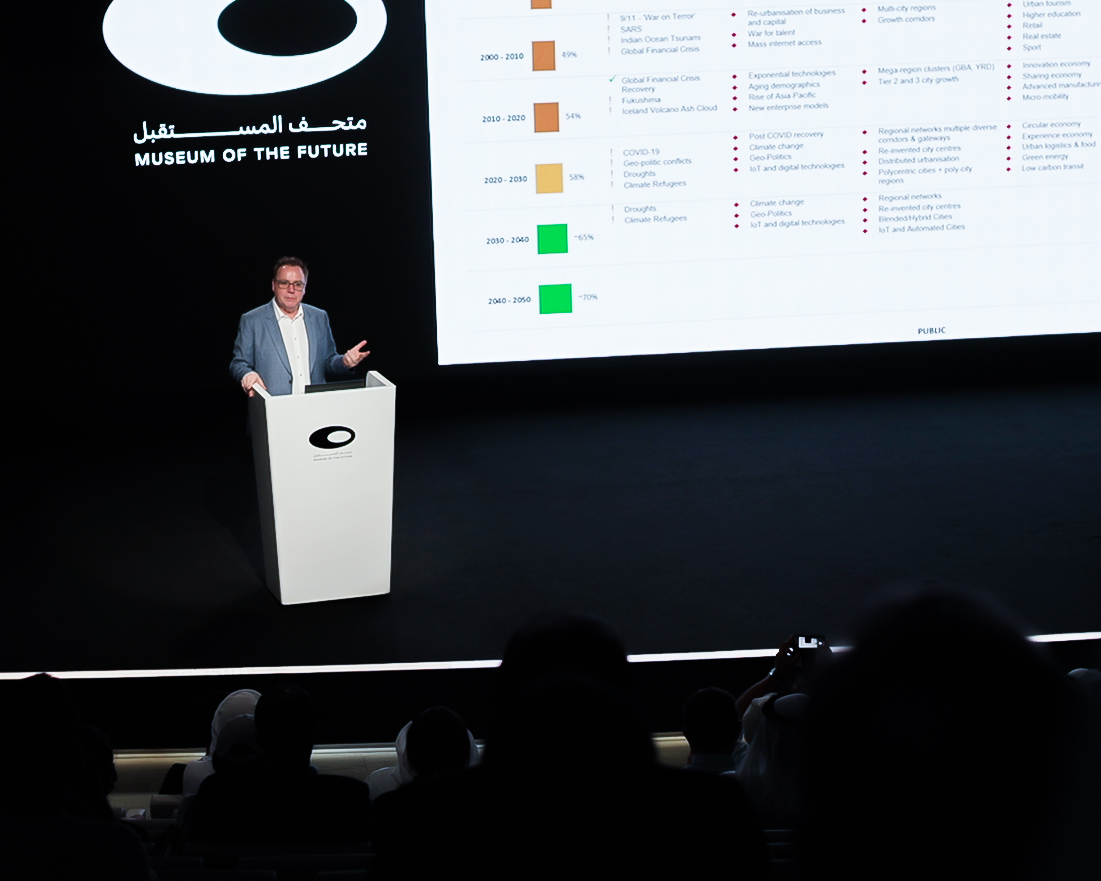
Is urban management able to keep up with a fluid context of incessant digitization and increasingly interconnected urban challenges? For Martin Brynskov, «the way in which cities are organized as organizations is 200 years old: different silos do different things – roads, education, health – while, with digital transformation, the data cuts across». We are, therefore, at a turning point that requires a reorganization of cities to ensure that the decisions made about their management make them work «as a whole.»
This is what promotes the global network of cities chaired by Martin Brynskov, Open & Agile Smart Cities. To our question about what an open and agile smart city is in essence, his answer is clear: «It’s just a city that is trying to do its best with digital technologies.» And that implies using them to find a balance between two priorities: the commitment to openness and transparency towards its citizens and partners and the need to stimulate innovation in an agile and flexible environment. Helsinki, the capital of Finland, or Saint-Quentin, a city of just 56,000 inhabitants in northern France, are heterogeneous examples of cities that, according to Martin Brynskov, are leading the way.
+INFO: CitiesToBe





